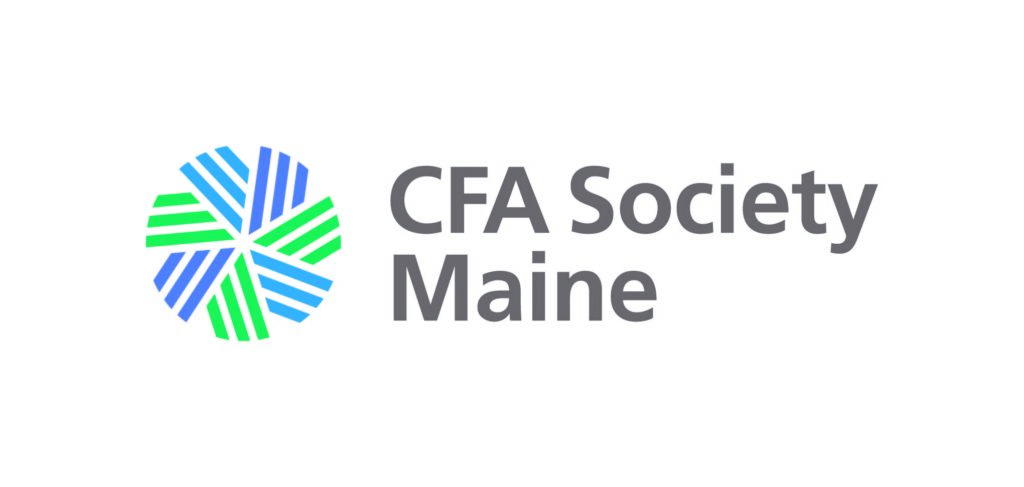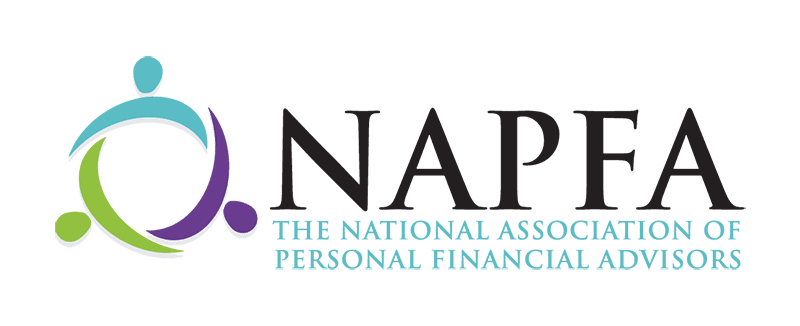What is a Trusted Contact and Do You Need One?
You name an emergency contact at endless places: your gym, work, doctor’s office, the jump park, airlines, the spa where you might get a massage. This practice has become so commonplace that you probably scribble a name and phone number on the form without asking questions. We have come to expect this and I understand that if I faint at the gym, they will call my husband, and if he doesn’t pick up, my sister.
A Trusted Contact is the finance industry’s term for emergency contact. And when we discuss adding a Trusted Contact on file with our clients, we are often met with a lot of questions.
Who Needs a Trusted Contact?
There is certainly an emphasis for “Senior Investors” (which the SEC defines as anyone over the age of 65) to name a Trusted Contact, but we give every client the option to add one and strongly prefer that they do. The gym requires Emergency Contact for people of all ages because anyone can find themselves in situations where they need assistance.
Under what circumstances would my advisor reach out to my Trusted Contact?
Here are the most likely events that would cause us to reach out to a Trusted Contact on behalf of our client.
- If we have an urgent matter to discuss and are unable to reach you after many attempts, we might call your trusted contact to see if they have spoken with you recently and if they have contact information where we can reach you.
- If we have concerns about your capacity to make financial decisions due to a medical event or mental decline, we will reach out to your Trusted Contact to gauge how you are doing.
- If we have concerns about financial fraud, abuse, or exploitation, we would reach out to your Trusted Contact and see what they are aware of and make a plan to ensure you and your assets are safeguarded.
What information would my advisor disclose to my Trusted Contact?
It depends on the circumstances surrounding our outreach. Our goal is to balance your privacy and your safety. We will likely ask the Trusted Contact questions surrounding our concerns. We will then make a plan for how to best safeguard you and your portfolio, given the information we have available.
A Trusted Contact NEVER has the authority to direct the movement of money in or out of your portfolio and also cannot direct changes in investment strategy. A Trusted Contact will not be told your SSN, account numbers, or other sensitive information. If your condition is expected to continue to decline, we would encourage you to add a Limited or Full Power of Attorney to better carry out your wishes in the future.
Thinking about a circumstance where you cannot physically or cognitively make decisions for yourself is uncomfortable. Don’t let that discomfort discourage you from naming a Trusted Contact. We want to help you during those difficult times and the best way we can help you is by partnering with a Trusted Contact who you have named to step up in your time of need.


